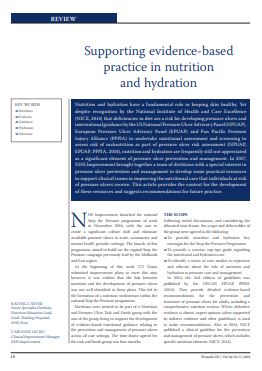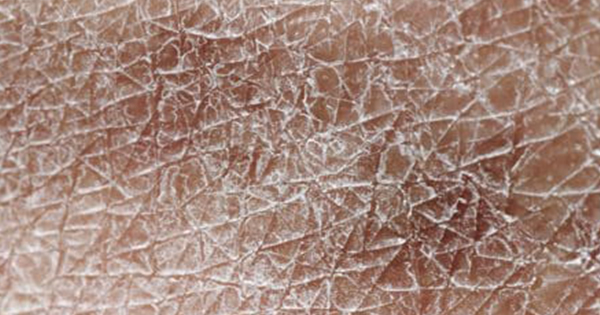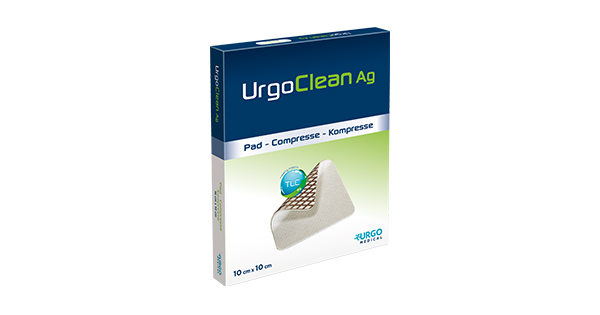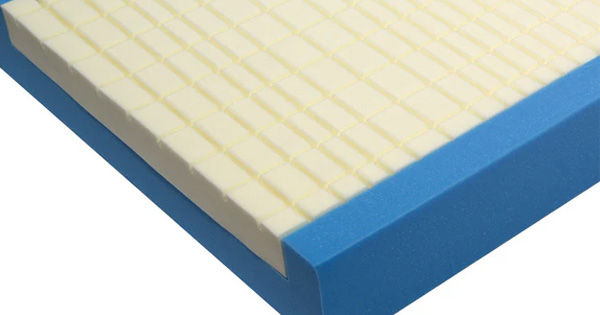Nutrition and hydration have a fundamental role in keeping skin healthy. Yet despite recognition by the National Institute of Health and Care Excellence (NICE, 2014) that deficiencies in diet are a risk for developing pressure ulcers and international guidance by the US National Pressure Ulcer Advisory Panel (NPUAP), European Pressure Ulcer Advisory Panel (EPUAP) and Pan Pacific Pressure Injury Alliance (PPPIA) to undertake nutritional assessment and screening to assess risk of malnutrition as part of pressure ulcer risk assessment (NPUAP, EPUAP, PPPIA, 2014), nutrition and hydration are frequently still not appreciated as a significant element of pressure ulcer prevention and management. In 2017, NHS Improvement brought together a team of dietitians with a special interest in pressure ulcer prevention and management to develop some practical resources to support clinical teams in improving the nutritional care that individuals at risk of pressure ulcers receive. This article provides the context for the development of these resources and suggests recommendations for future practice.







